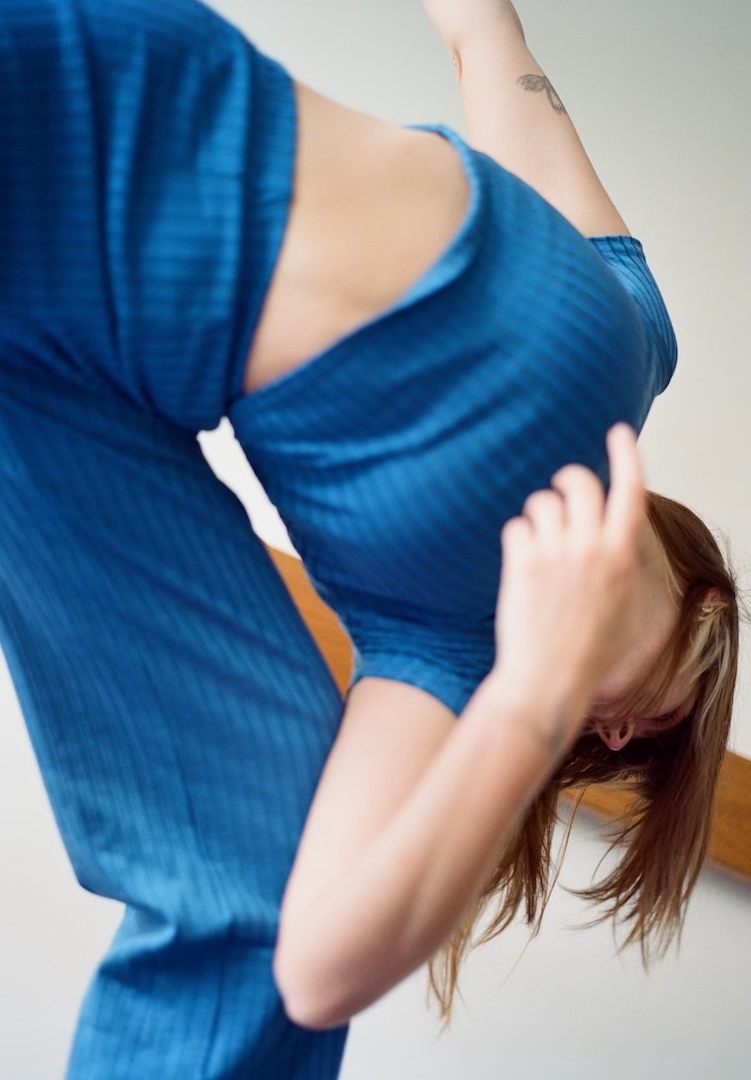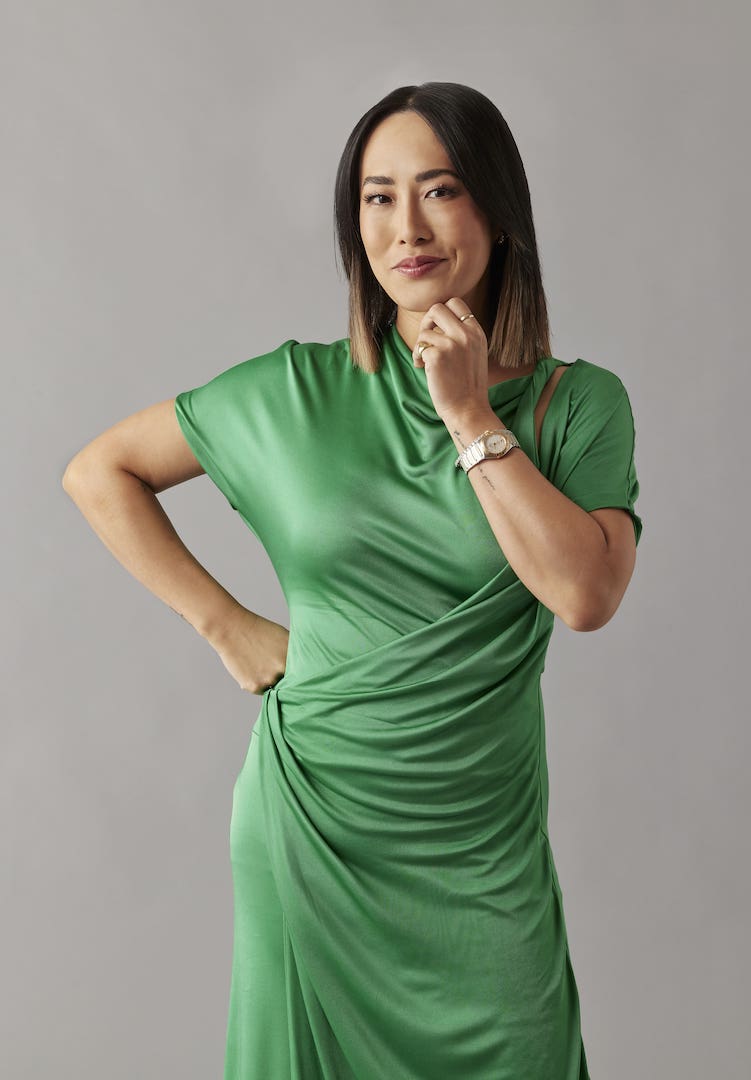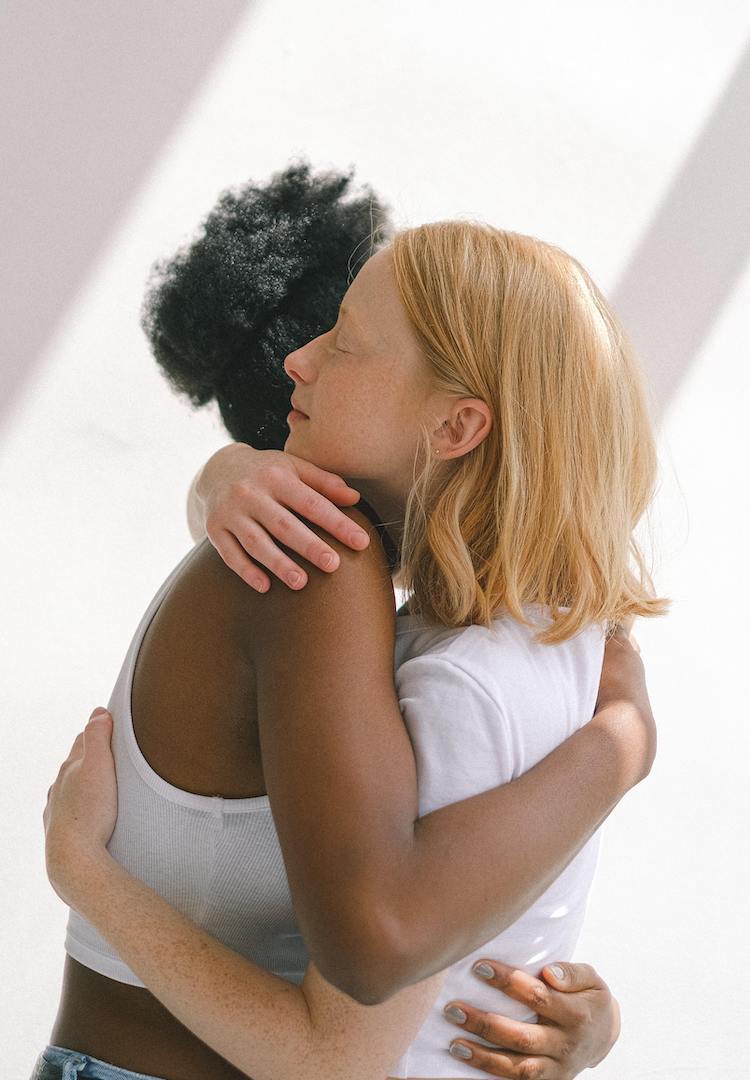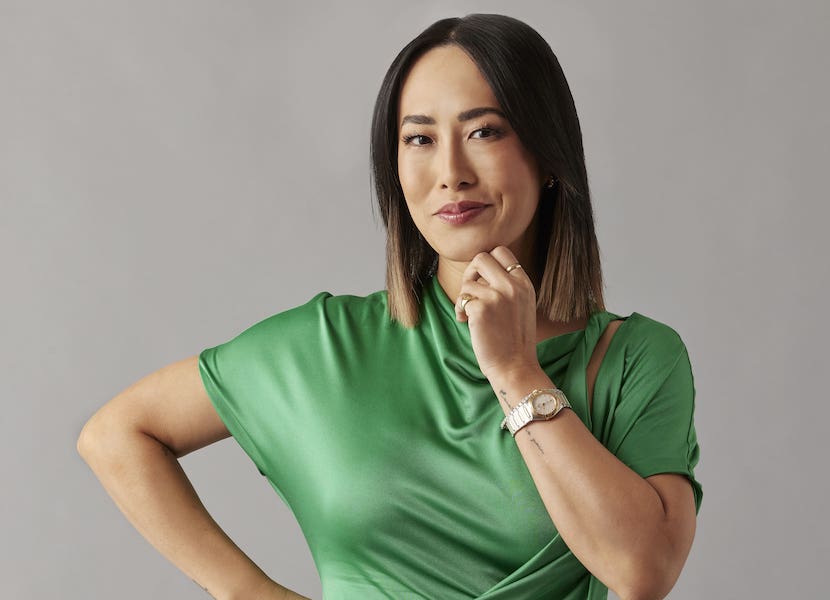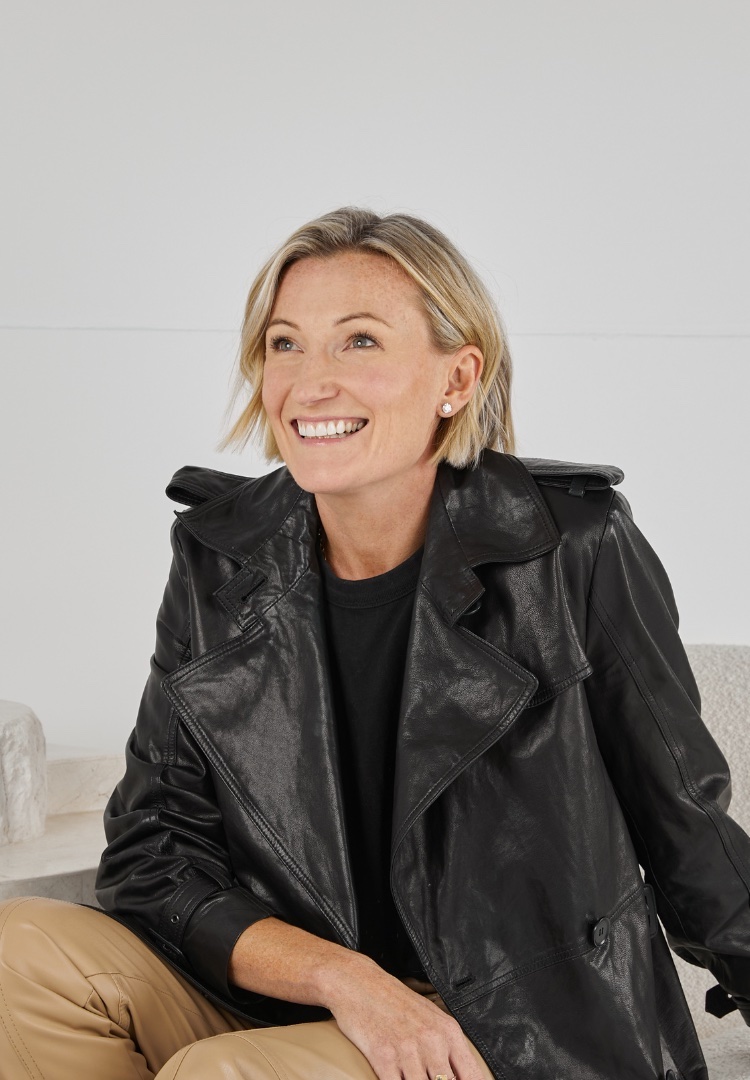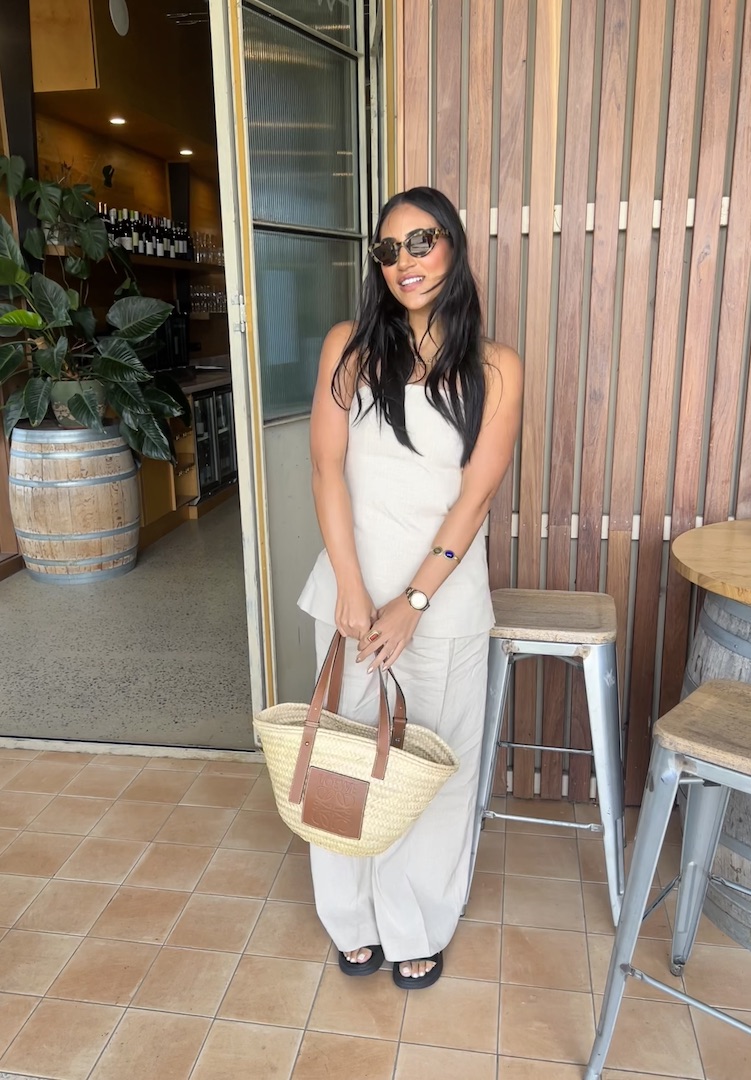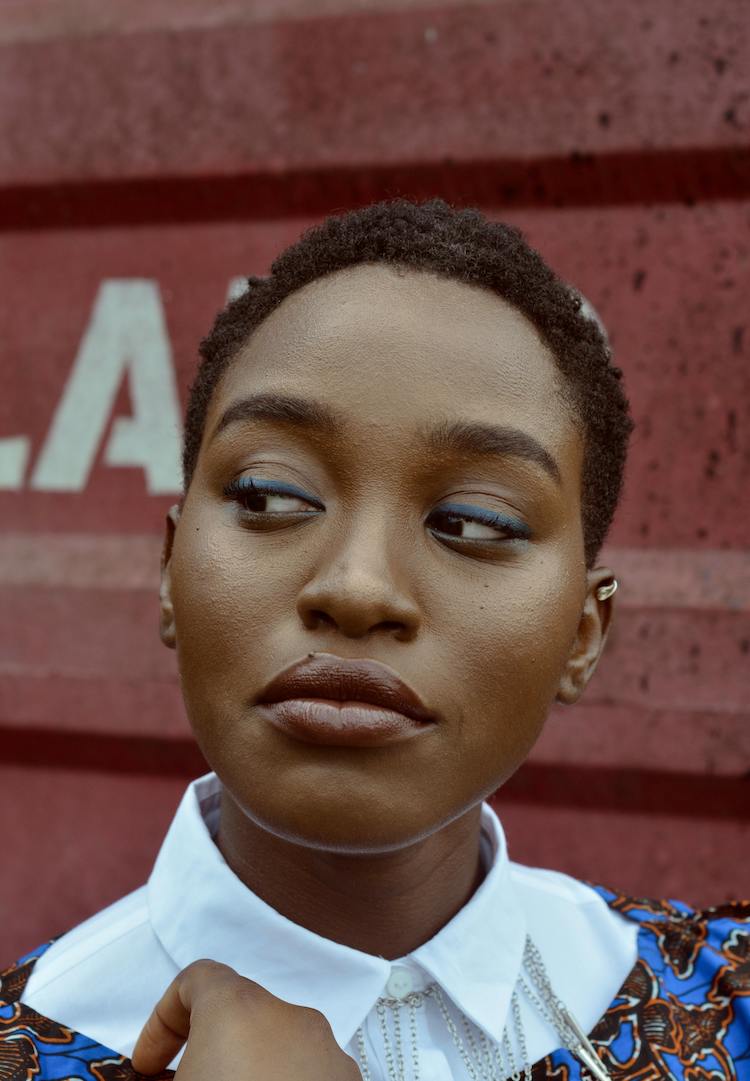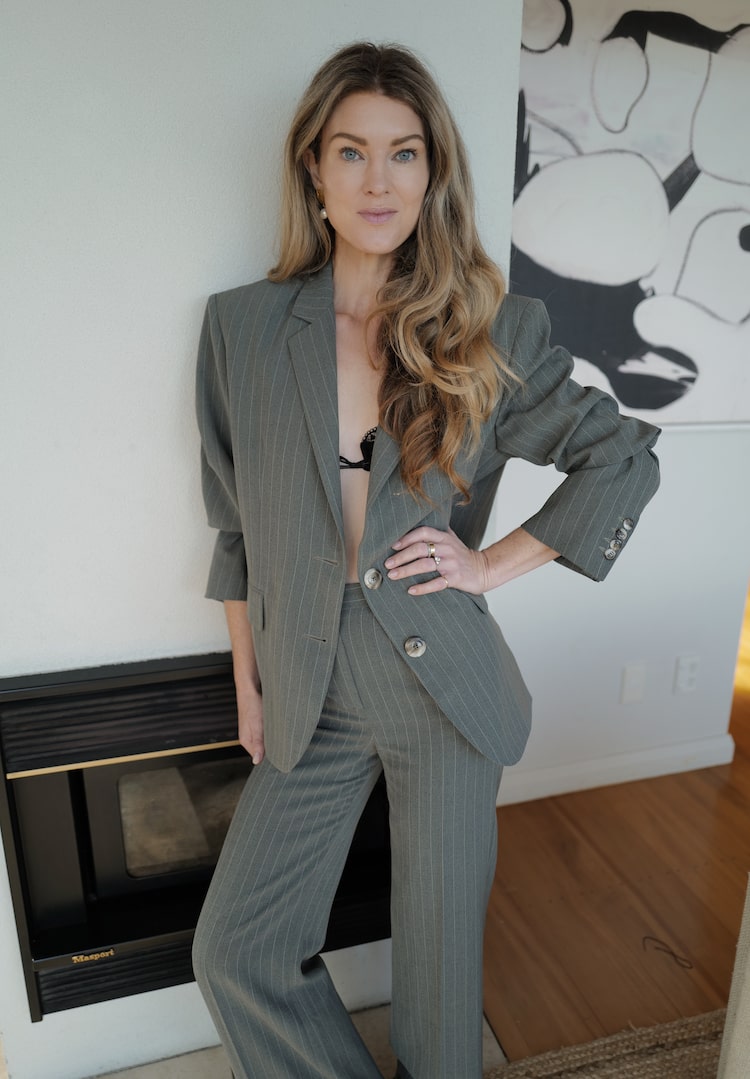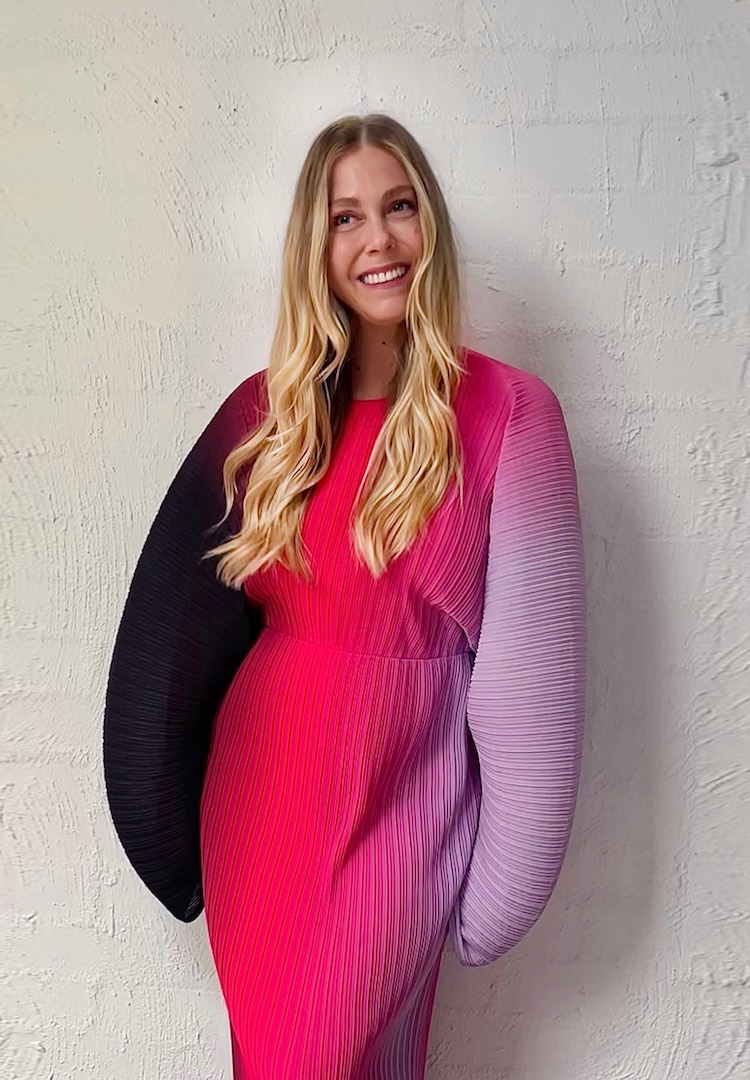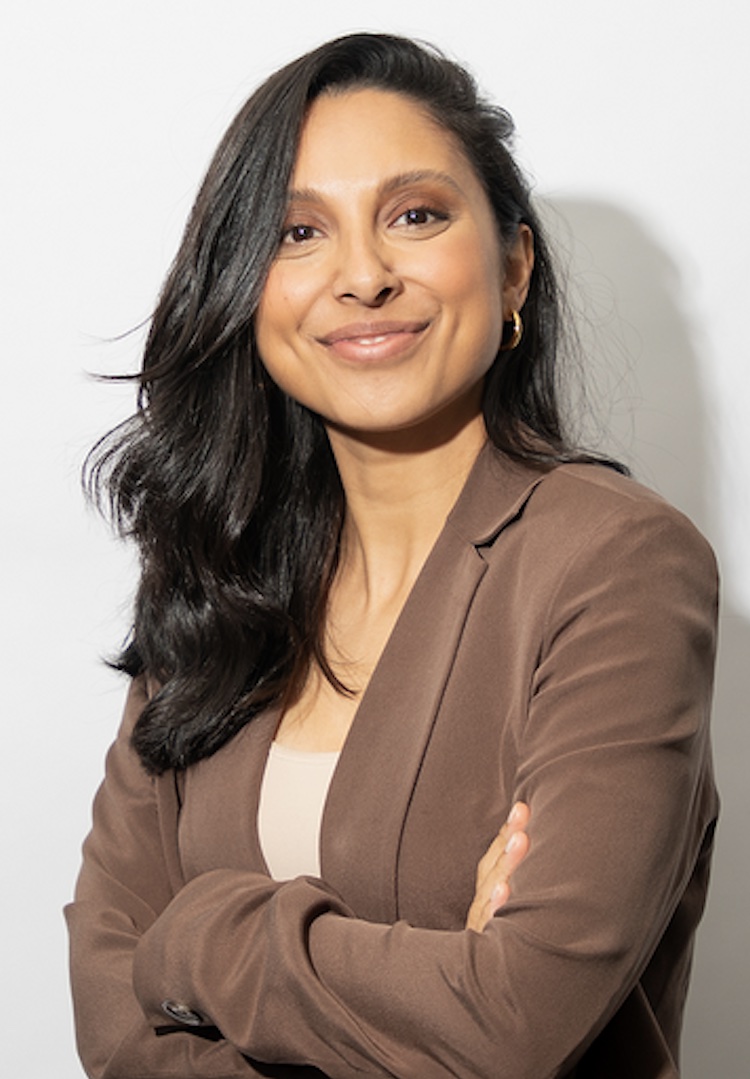How I Got Here: ‘MasterChef Australia’ judge Melissa Leong on the value of saying yes
Words by Kate Streader
“A real challenge is not knowing what you want to do. You can see it as an insurmountable unknown, or an opportunity to carve your own path.”
Editor’s note: This interview took place prior to the passing of chef and Masterchef Australia judge, Jock Zonfrillo.
Have you ever stalked someone on LinkedIn and wondered how on earth they managed to land that wildly impressive job? While the internet and social media might have us believe that our ideal job is a mere pipe dream, the individuals who have these jobs were, believe it or not, in the same position once, fantasising over someone else’s seemingly unattainable job.
But behind the awe-inspiring titles and the fancy work events lies a heck of a lot of hard work. So what lessons have been learnt and what skills have proved invaluable in getting them from daydreaming about success to actually being at the top of their industry?
Looking for a new 9 to 5? Head to our Careers page for new listings daily.
Welcome to How I Got Here, where we talk to women who are killing it in their respective fields about how they landed their awe-inspiring jobs, exploring the peaks and pits, the failures and the wins, and most importantly the knowledge, advice and practical tips they’ve gleaned along the way.
This week we talk to Australian food industry all-rounder, Melissa Leong. A freelance food and travel writer, cookbook editor, food media consultant and Masterchef Australia judge, Melissa has her finger in many (no doubt delicious) pies.
Her career journey has been anything but linear, landing her far from where she thought she’d be. After an injury quashed her dream of becoming a concert pianist, Melissa opted to keep her options open. And while a big part of her success has resulted from saying yes to whatever opportunities come her way, she has also learnt the value of not giving too much of herself to the demanding industries in which she works. Here’s what she learnt along the way.
What do you do and what’s your official job title?
I suppose that’s the issue, isn’t it? I have never been very good at fitting into a neat little category. But if pressed, I supposed I’d say I’m a food and travel writer slash television host.
Take us back to when you were first starting out. Did you study to get into your chosen field, or did you start out with an internship/entry-level role and climb the ladder? Tell us the story.
View this post on Instagram
Well, I originally wanted to be a concert pianist. I trained every day since I was four to achieve that goal, but when I was 16, I began to develop chronic RSI in my right shoulder and arm, which pretty much made the decision for me. Instead, I attended Sydney University and studied a Bachelor of Economics and Social Sciences, which gave me the flexibility to take on arts as well as economic and political subjects, to create something reasonably open and well-rounded.
I threw that all in the bin and became a makeup artist after I graduated, working on ad campaigns and music videos, because it was fun and creative. Eventually, I moved into advertising, where I created a role that allowed me to project manage as well as write copy and from there, I found myself freelance writing about food in order to understand the digital space. The rest has been an exercise in saying yes to opportunities, failing, learning and moving on.
What challenges/hurdles have you faced getting to where you are now? Can you tell us about one in particular?
View this post on Instagram
A real challenge is not knowing what you want to do. You can see it as an insurmountable unknown, or an opportunity to carve your own path. I never really sought to do television, it was sort of pushed on me at a certain point and as part of seeing life as an opportunity, I decided to give it a go. Turns out I didn’t suck at it, and I continue to learn and try to better myself in the role as well as in life, every day since.
What do you want people to know about your industry/your role?
That it isn’t nearly as glamorous as you think. Yes, there are red carpets and things if you’re so inclined, but I think about everything I gave up to say yes to this position. A loss of privacy is huge for an introvert and a private person, anonymity is precious to me and depending on the day or the room, I may not have that.
If you’re in TV for fame, you will quickly discover how hollow that pursuit is… if you don’t utterly love what you do, nothing else will push you to keep moving forward.
What’s the best part about your role?
View this post on Instagram
It has always been about connecting with people. I am fascinated by people, their stories, their perspectives. Every day, I am given the opportunity to connect with people and bring their stories to light, and especially when we’re talking about women and people of colour, I am honoured to be part of the infrastructure that celebrates and lifts them up.
What would surprise people about your role?
That there is no limit on what you can give, so you need to be careful with yourself. Entertainment thrives on [the] generosity of energy, knowledge [and] passion. You need to dig deep to give that to complete strangers, and you need to know where to draw the line in order for this thing to remain sustainable and a joy. It is not easy.
What skills have served you well in your industry?
I am proud of the skills I have cultivated from life and my education. From piano and classical music, I learned discipline. From university, project management and lateral thinking. From the world of work in its various guises, creativity, a work ethic and learning to know what you don’t want to do, as well as what you do.
You can learn every day from life, and use that to enrich your career in any industry. Above all, the very human qualities of empathy, kindness and connection serve me well at work and in the world.
What advice would you give to someone who wants to be in a role like yours one day?
View this post on Instagram
Firstly, it will be yours if it is meant to be yours. In any competitive job, you will vie for roles against other worthy people. Do not resent them if they get it and you don’t. Have faith that the right role, assignment or project will be yours if you work at it, and if it is meant to be.
There is enough oxygen in the room for all of us, but you’ll sleep better at night if you lift people up instead of tearing them down or resenting their success. You want to be surrounded by winners and people smarter than you, or you stop growing.
What about a practical tip?
Work hard, don’t be a dick. It’s pretty simple.
Read the rest of the How I Got Here series here.
Looking to step up to a career in media? Each week we send a wrap of industry jobs straight to your inbox. Enter your details below and we’ll keep you in the loop, or browse current openings here.

